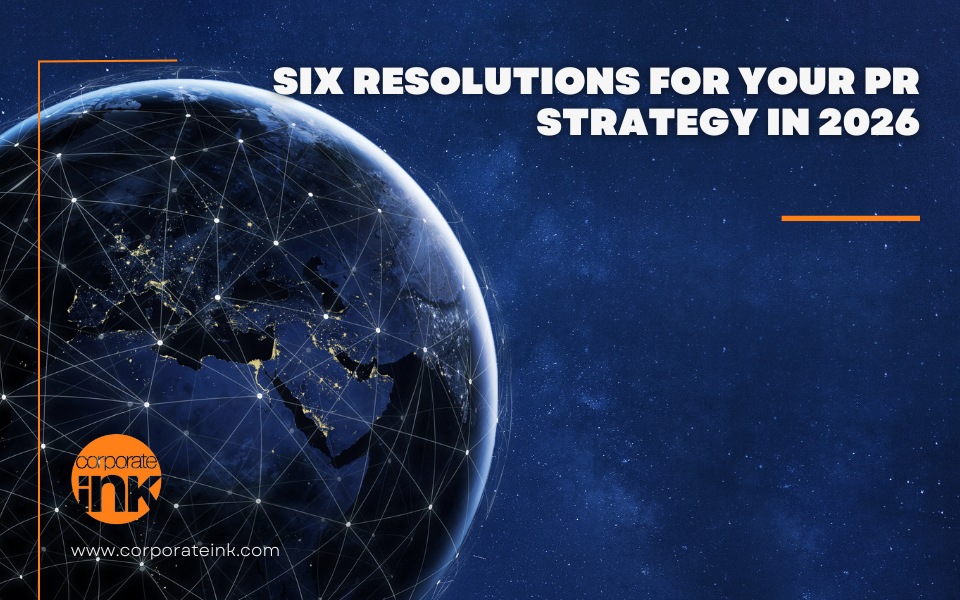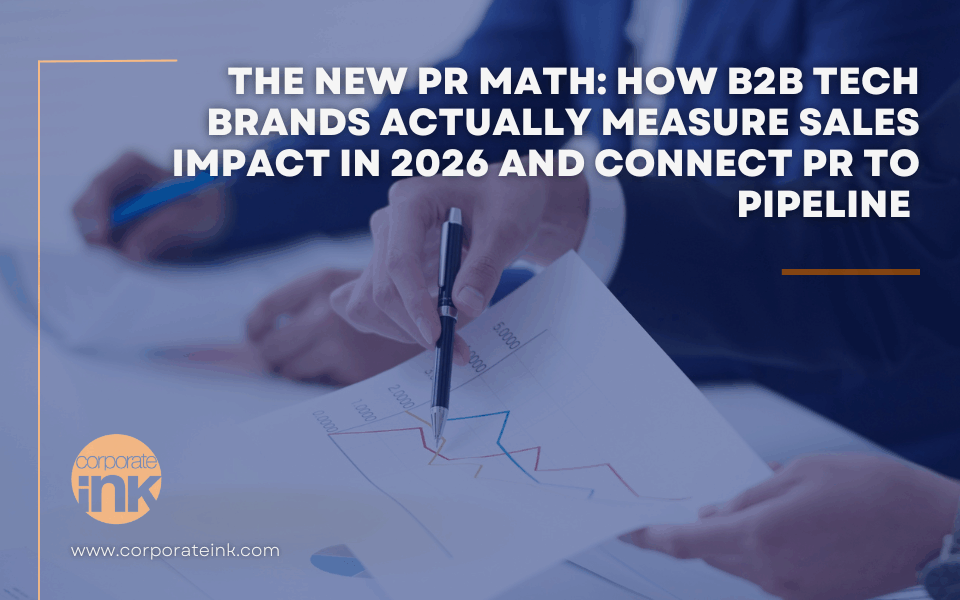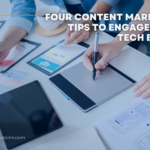
Four Content Marketing Tips to Engage Cyber Tech Buyers
April 1, 2025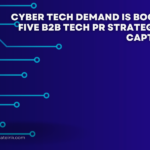
Cyber Tech Demand is Booming: Five B2B Tech PR Strategies to Capture It
April 10, 2025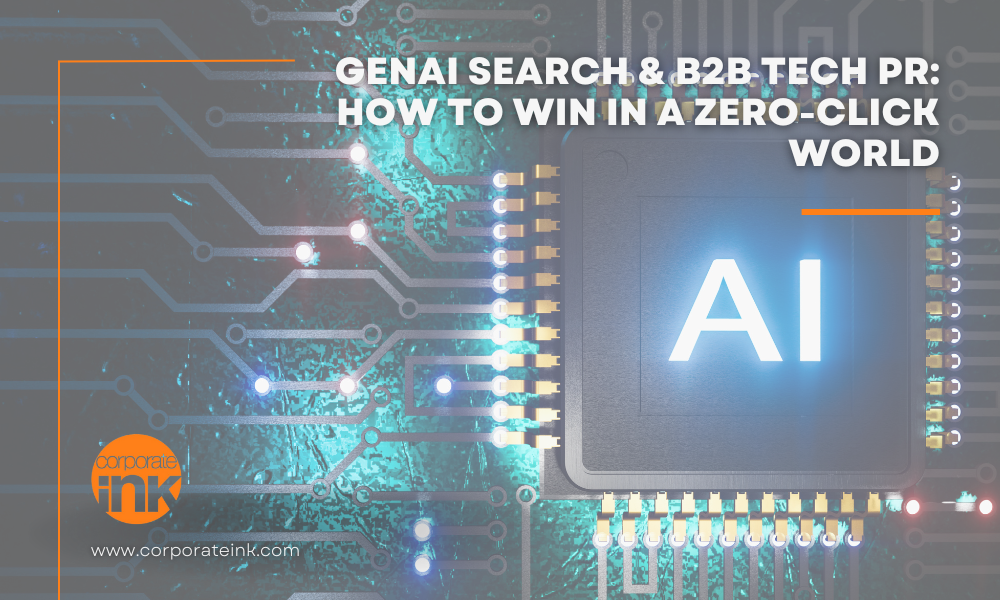
The way buyers search for information is changing faster than ever. Analysts and traditional search engines like Google are no longer the default starting place for tech buyers when discovering vendors to work with. Instead, AI-powered search engines—like ChatGPT, Gemini, and Perplexity—are becoming the go-to source for identifying and shortlisting enterprise solutions.
There’s a critical difference between AI search and traditional search:
🔍 Google provides links to click through.
🤖 AI engines understand user intent and synthesize information, giving direct answers without ever visiting a website.
This zero-click search behavior presents a massive opportunity—or a major risk – for B2B tech providers. If your brand isn’t showing up in AI-generated answers, you risk becoming invisible in the early stages of buyer research and getting boxed out of the considered set.
So, how can B2B Tech PR and marketing teams re-evaluate their brand strategies and ensure their company, content, and solutions surface in AI-driven search? While traditional SEO relies heavily on backlinks, content, and web optimization, GenAI engines prioritize brand recognition, leadership, and credibility.
Here’s what to think about in the GenAI era.
Winning AI Search: The New Rules for Content and PR
The brands that adapt now will have a major edge. Here’s how B2B tech providers can optimize their PR and content strategy for AI-powered search.
1. Earn Media Coverage from Trusted Publications
AI search engines look for known brands and high-authority sources—which means building awareness and credibility through the media is more important than ever. A bigger media presence is a key driver of getting more AI-generated visibility.
✅ Get featured in trusted outlets that allow AI to crawl their sites, such as Forbes and TechCrunch.
✅ Prioritize thought leadership and guest articles to build brand authority and show your expertise.
2. Increase Third-Party Validation
Market credibility matters. AI engines weigh awards, analyst rankings, and reviews when recommending solutions.
✅ Prioritize review sites (like G2, Gartner Peer Insights, and Capterra)to enhance credibility.
✅ Enter industry awards and promote independent analyst recognition to boost AI search authority
3. Develop High-Value Content and Knowledge Hubs
AI engines pull from digestible, well-researched content to generate answers. If your company isn’t creating insightful industry resources you won’t be referenced in AI search.
✅ Build a centralized and robust knowledge hub with FAQs, research reports, case studies, tutorials, and white papers so AI engines can pull the insights they need.
✅ Make sure your content answers specific, nuanced questions—not just generic marketing copy.
4. Optimize for AI Readability
AI models prefer structured content that’s organized logically and easy to process.
✅ Use bullet points, subheadings, lists, tables, question-based structures, and metadata to make your content AI-friendly.
✅ Implement schema markup so AI models can easily extract and reference key insights.
5. Showcase Customer Adoption and ROI
AI engines require social proof before making a brand recommendation.
✅ Update your case studies for LLMs. Clearly highlight the customer, the specific problem solved and the ROI in the title of your content.
✅ Prioritize customer-driven PR and joint media coverage
6. Monitor AI-Generated Answers and Adapt
AI search is constantly evolving.
✅ Regularly audit AI-generated answers and where you show up in relevant buyer-centric searches.
✅ Identify gaps where competitors appear and adjust your PR and content strategy accordingly.
Stay Visible, Stay Competitive
AI-driven search is the new front page of Google. Your strategy will be unique to you. AI tools pull from different sources depending on the prompt, industry, and company, so it’s important to start with an audit to figure out the best strategy for your business.
The companies that start building their GenAI brand optimization strategies now will be better positioned to win in this new era. Audit your AI search visibility, refine your PR and content strategy based on the findings, and ensure your brand is referenced in AI-powered search results.
Because if AI isn’t talking about you, there’s a good chance your potential buyers won’t be either!
Cybersecurity tech providers: Check out our latest report on how to capture market demand for cyber technology, which gives more insights on GenAI optimization.


